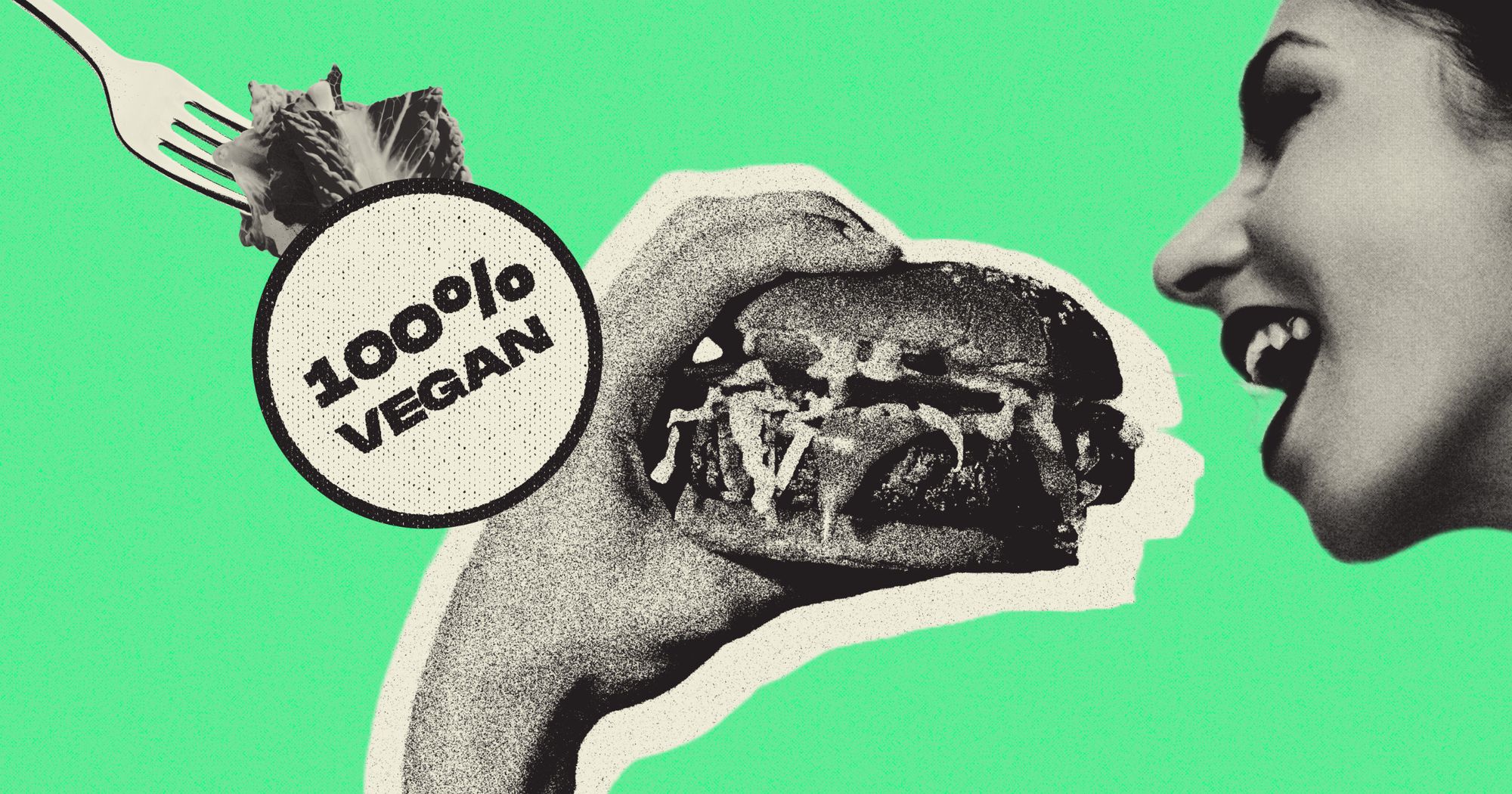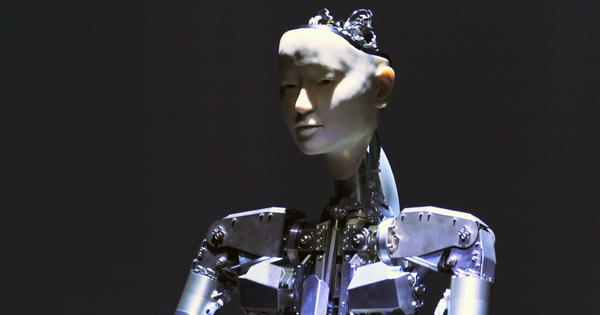Today Meat is devoured by a vast majority of the world population. Globally around 30% of the Calorie intake by humans comes from Meat.
We consume 346.14 million tons of meat every year, and by some estimates by 2030, this number can go up by 44%.
Ethical reasons aside, all this meat production requires a lot of resources. For instance, to fully grow a chicken takes around 6 weeks, pigs take around 5 months and other mammals do more than that. In this brief period, these animals require a lot of food, energy and water.
This simply means that a lot of our resources which are wasted on breeding and feeding these animals can be utilized efficiently if we remove meat from our diet. Vegans and activists for years have tried to force humans to switch to a more plant-based lifestyle but that didn’t work.
So, why don’t we try to fix the problem at the source? Replacing meat with something that feels, tastes and looks like meat but isn’t meat and that’s what we are talking about today.
There are two routes to replacing meats, lab-grown meat and plant-based meat substitutes.
Let’s Talk About Lab-Grown Meat First
Lab-Grown meat uses actual animal cells, grown in a serum instead of as part of a cow or a chicken. This simply means that it not only tastes exactly like meat but it is meat. This also avoids the need to breed, raise, and slaughter huge numbers of animals.
Yet, Lab-Grown meat is still not out in the wild as it costs bonkers, and with the current technology, it can be quite complex to scale up production.
Still, there are a lot of startups working to make cheap, lab-grown meat a reality. If Lab-Grown meat becomes a reality, it will be able to win some consumers who aren’t planning to go vegan or switch to plant-based meat.
Plant-Based Meat Replacements
When I say Plant-Based Meat Replacements, I don't mean something like a veggie burger but something that is crafted in such a way that tastes and feels like real meat.
These plant-based diets target mostly meat-eaters, so as to make them switch to environmentally friendly meat-like food. They also increase options for vegans and vegetarians everywhere.
Unlike, Lab-Grown meat, Plant-Based is already available to the masses and is also adopted by many fast food joints. Like the Impossible Whooper by Burger King in association with Impossible Foods. It is a bit costlier than regular meat-based whooper but not by much and is in a price range that is accessible by the general audience.
While they account for less than 1% of the global meat production, many startups around the world are already working on their variant of plant-based meat.
Some people think that since these plant-based products are made from vegetables, they are automatically healthy. They are safe to consume, that’s for sure but they aren’t healthy. These substitutes are highly-processed which automatically raises eyebrows. Yet, Plant-based meats are not more unhealthy than the meats they are replacing nor do they have cancer-related risks associated with red meat.
A healthier option in this regard will always be an organic vegan diet rather than a processed food diet.
Isn’t this just a trend, that will die off?
Things are just getting started.
Taste, cost and scale are the 3 main areas many of these meat replacement companies are working on. Once the costs come down considerably, it will move from being a novelty to an everyday item.
While these companies do talk big about environmental savings, nobody knows the actual effects right now and what will happen once it grows on a scale.
We see more and more players enter the scene every day and with alternative options slowly showing up in places like Burger King and Mc Donalds’ we can say that in the coming months there’s more to come.






